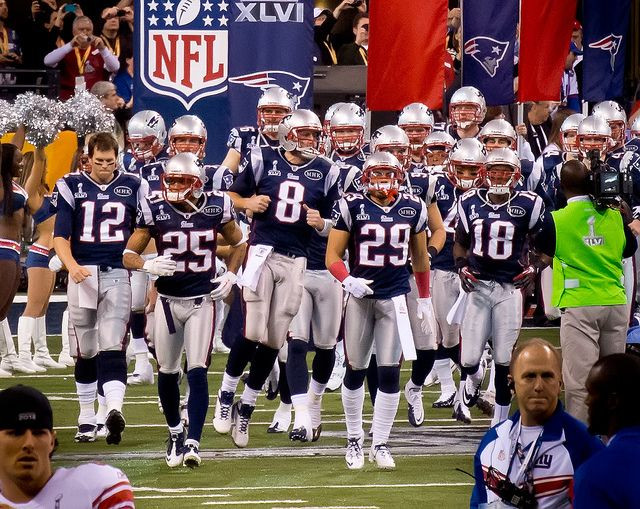Superbowl 2015: Science Says Winning Team Will Be One With Most Night Owls

Betting on the Superbowl? Before you put down any of your hard-earned pennies, it might be wise to learn whether Tom Brady and Russell Wilson are night owls or morning larks. Each athlete's performance, researchers say, naturally varies by as much as 26 percent over the course of the day. Winning any game, then, depends on whichever team has the most players whose biological clocks align with game time.
If we are to believe a new study, then, all those players who are night owls — people who naturally prefer to stay up late at night — will give stronger performances later in the day... so with a start time of 6:30, the Superbowl's winning team should be the one with the most night owls.
“If a one percent difference in performance can make the difference between 1st place and 4th place in a 100-meter race at the Olympics, then imagine what a 26 percent difference in your performance could give you,” Dr. Roland Brandstaetter of the University of Birmingham, said in a release.
Time of day influences not just athletes but all of us in very real physiological ways. It affects our internal body clock, which is tied to our natural sleep/wake patterns, and this in turn shapes our performance — whether we be desk jockeys or horse jockeys.
Testing Athletes
For the current study, Brandstaetter and Elise Facer-Childs, his co-author, first developed a unique test to determine a person’s natural tendency to be a morning person or night person, and then they used their test to characterize more than 120 athletes. Next, they selected 20 of these athletes, who represented a distribution of early bird, intermediate bird, and late bird types. Finally, they tested their cardiovascular endurance in a standard fitness test at six times throughout the day.
As you might expect, they discovered considerable variation in individual performance over the course of a day. Still, the early risers peaked sometime in the early afternoon, while those who naturally sleep late showed their strength later in the day. Overall, the best predictor of how well each athlete performed at any given hour was how much time had elapsed between their "entrained awakening" — the hour they’d open their eyes with no alarm clock set — and the test time.
“Obtaining a personal best performance is on everyone's agenda, but how to do it, now that is a different question,” Facer-Childs said. She suggests we all would be wise to shift our attention from the clock above our desks to the one that's ticking inside each of us. (Ho-hum.) Meanwhile, call Gisele quick and find out how late Brady sleeps on vacation. There's money to be won!
Source: Brandstaetter R, Facer-Childs E. The impact of circadian phenotype and time since awakening on diurnal performance in athletes. Current Biology. 2015.



























